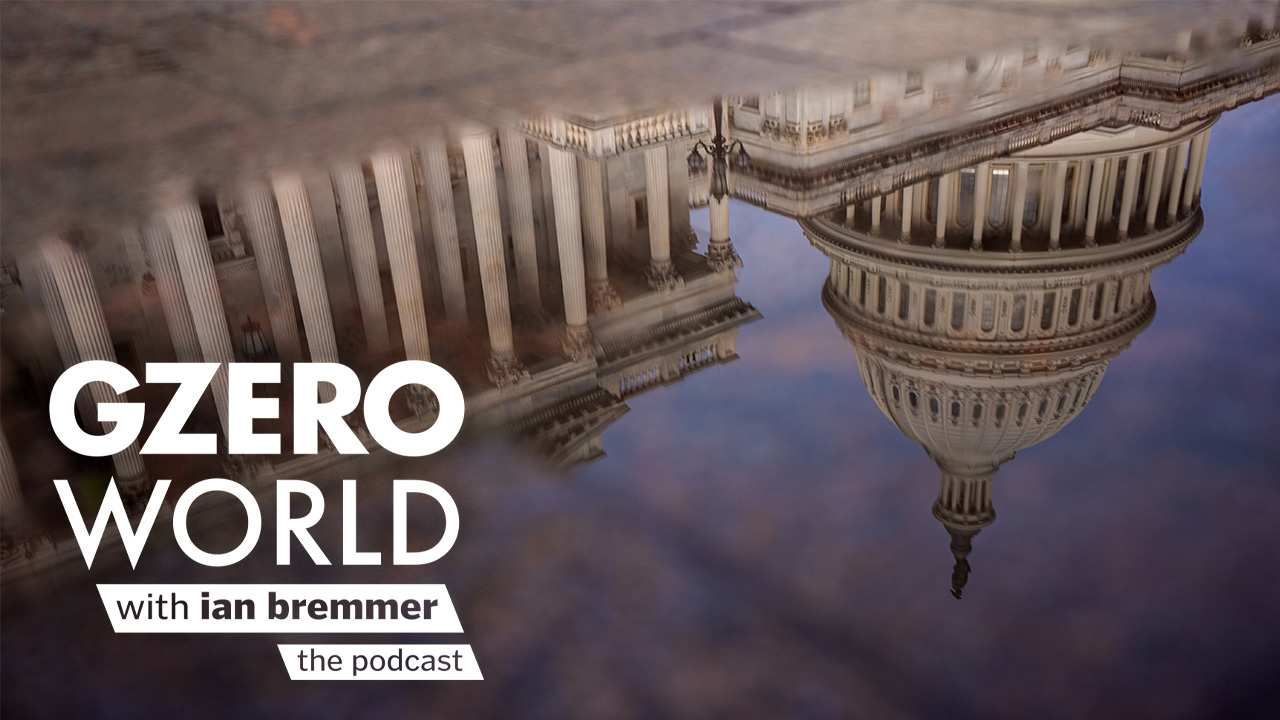Spain’s “Voice”? — Is Spain’s Vox party Europe’s latest anti-EU, anti-immigration party poised for a rapid rise? If so, it comes at an inconvenient moment for the EU as Spain’s government accepts migrants stranded at sea who have been refused entry by Italy.
Control of the Robert Mueller Investigation — Exit Jeff Sessions. His interim replacement as US Attorney General, Matthew Whittaker, will now oversee the Mueller investigation which is probing any Russia ties in Trump’s presidential campaign as well as potential obstruction of justice by the president. Whittaker once authored an op-ed under the title “I Would Indict Hillary Clinton,” and has publicly expressed a willingness to cripple the Mueller investigation by slashing its budget. Now he’ll have the power to do so.
WHAT WE'RE IGNORING
Age discrimination? — Emile Ratelband, a 69-year old Dutch retiree wants to legally change his date of birth from March 11, 1949 to March 11, 1969, because he believes that stripping 20 years off his age will make it easier for him to meet single women. “You can change your name. You can change your gender. Why not your age?” he asked in a recent news interview. We’re ignoring you, Emile, and young women probably will too.
Donkey Soprano —In Ireland, there is a donkey called Harriet who, it is claimed, can sing opera. We are ignoring this story because, though her vibrato is remarkable, her pitch range is apparently limited to a single note. In fact, Harriet is living proof that the bar for becoming an Internet celebrity is especially low for donkeys.
